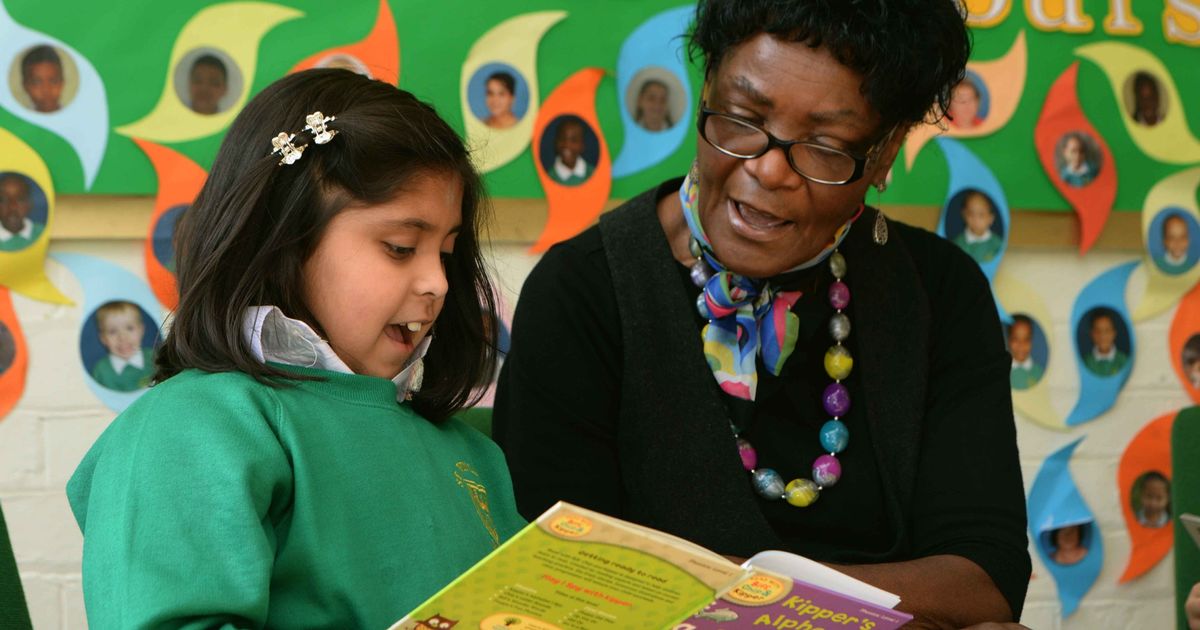Ways To Treat Dyslexia
How Teachers Can Help

Teachers have the essential task of helping any child learn how to fight through their dyslexia. This means they will have to develop methods for teaching that use techniques involving touch, sight, and sound. How teachers can help is by combining all of these different elements and instructing the child on how to engage all of their senses when learning, which will help them retain information. The assistance your child's teacher will provide will be instrumental in helping them learn and use phonemes, understand phonics, build fluency, and expand their vocabulary.
In certain cases, it may be necessary for a child with dyslexia to get a tutor to provide them with one-on-one assistance in their studies. This is typically going to be a reading specialist—someone who is also a teacher—and they will walk the child through their lessons in a slower, more personalized fashion.
Get to know more about how to treat symptoms of dyslexia.
What Adults With It Can Do

Dyslexia follows an individual throughout their entire life. This means there are adults who suffer from it, just as there are children who struggle with it. There may even be some adults who did not get the help they needed as children and thus, still do not have the tools to cope with it. What adults with dyslexia can do is to seek help with their reading and writing, regardless of age, as this will create a foundation they will be able to carry with them for the rest of their life. Adults with dyslexia should also ask about what reasonable accommodations they can receive from schools and employers under the Americans with Disabilities Act.
It is essential to understand, however, that dyslexia does not mean an individual cannot succeed. In fact, there are many individuals with dyslexia who are gifted in mathematics, science, and the arts. Some even cope with their dyslexia and create vibrant writing careers.
Get to know more about managing dyslexia effectively now.
